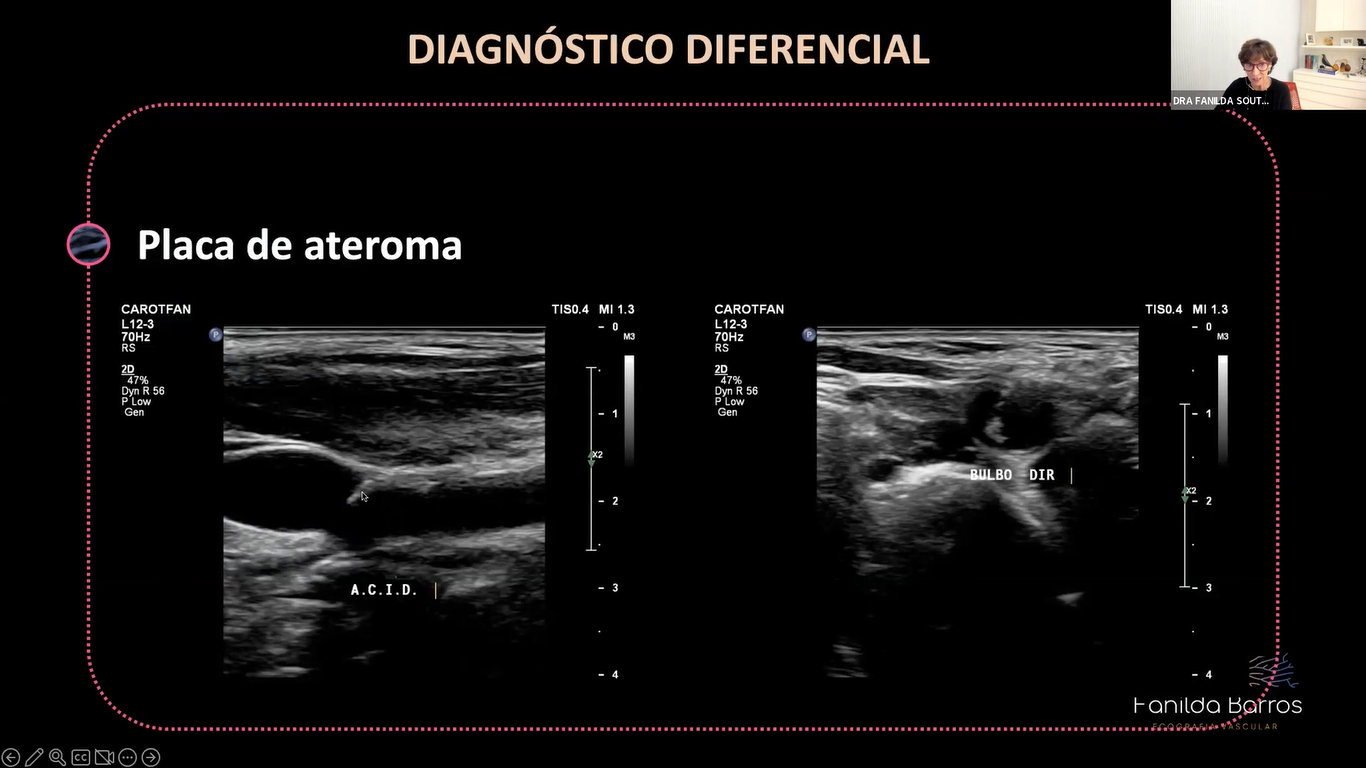“Conversas sobre Hipertensão” – o Podcast do DHA / SBC – Impacto da denervação renal na qualidade de vida
Sobre este conteúdo
Mini Review
Special issue: Renal denervation: Evidence and challenges in clinical practice.
Published: 11 April 2024
Impact of renal denervation on quality of life (How does renal denervation contribute to improving hypertension treatment affected by poor medication adherence?)
Keisuke Okamura,
Hideaki Shimada,
Keisuke Imazato,
Hideto Sako,
Akihiro Udo,
Kenichiro Taniguchi,
Shogo Morisaki,
Ichiro Imamura,
Hidenori Urata,
Hisatomi Arima &
Shin-ichiro Miura
Hypertension Research volume 47, pages2652–2658 (2024)Cite this article
Abstract
The US Food and Drug Administration has approved renal denervation (RDN) as a new treatment option for hypertension (HT) because it not only has antihypertensive effects but also improves the quality of blood pressure (BP) reduction. RDN is expected to be increasingly used in clinical practice in the future. This review summarizes the impact of RDN on quality of life (QOL). Although the treatment of HT aims to improve life prognosis, the use of antihypertensive agents can impair QOL because of adverse effects and lifestyle changes associated with long-term medication use. Consequently, poor adherence to antihypertensive agents is a common problem and may be the most important issue affecting patient QOL. In RDN trials in patients taking antihypertensive agents, approximately 40% of patients had poor adherence to the drugs. Poor adherence is often the cause of resistant hypertension. Therefore, RDN should be well suited to treating HT and improving QOL. Studies have shown that approximately 30% of HT patients prefer RDN to drug treatment. Patients who prefer RDN are typically male and younger and have high BP, poor adherence, and a history of adverse effects of antihypertensive agents. We hope that RDN will improve not only life prognosis but also QOL in HT patients because of its benefits for adherence. Furthermore, we expect that in the future, RDN will be used in other sympathetic nervous system-related diseases, such as heart failure, atrial fibrillation, and sleep apnea syndrome.
Mini Review
Special issue: Renal denervation: Evidence and challenges in clinical practice.
Published: 11 April 2024
Impact of renal denervation on quality of life (How does renal denervation contribute to improving hypertension treatment affected by poor medication adherence?)
Keisuke Okamura,
Hideaki Shimada,
Keisuke Imazato,
Hideto Sako,
Akihiro Udo,
Kenichiro Taniguchi,
Shogo Morisaki,
Ichiro Imamura,
Hidenori Urata,
Hisatomi Arima &
Shin-ichiro Miura
Hypertension Research volume 47, pages2652–2658 (2024)Cite this article
Abstract
The US Food and Drug Administration has approved renal denervation (RDN) as a new treatment option for hypertension (HT) because it not only has antihypertensive effects but also improves the quality of blood pressure (BP) reduction. RDN is expected to be increasingly used in clinical practice in the future. This review summarizes the impact of RDN on quality of life (QOL). Although the treatment of HT aims to improve life prognosis, the use of antihypertensive agents can impair QOL because of adverse effects and lifestyle changes associated with long-term medication use. Consequently, poor adherence to antihypertensive agents is a common problem and may be the most important issue affecting patient QOL. In RDN trials in patients taking antihypertensive agents, approximately 40% of patients had poor adherence to the drugs. Poor adherence is often the cause of resistant hypertension. Therefore, RDN should be well suited to treating HT and improving QOL. Studies have shown that approximately 30% of HT patients prefer RDN to drug treatment. Patients who prefer RDN are typically male and younger and have high BP, poor adherence, and a history of adverse effects of antihypertensive agents. We hope that RDN will improve not only life prognosis but also QOL in HT patients because of its benefits for adherence. Furthermore, we expect that in the future, RDN will be used in other sympathetic nervous system-related diseases, such as heart failure, atrial fibrillation, and sleep apnea syndrome.
Participantes:
Comentários
Diretrizes Aplicadas à Prática Clínica – Insuficiência Cardíaca
Comentários
Deixe um comentário Cancelar resposta
Você precisa fazer o login para publicar um comentário.


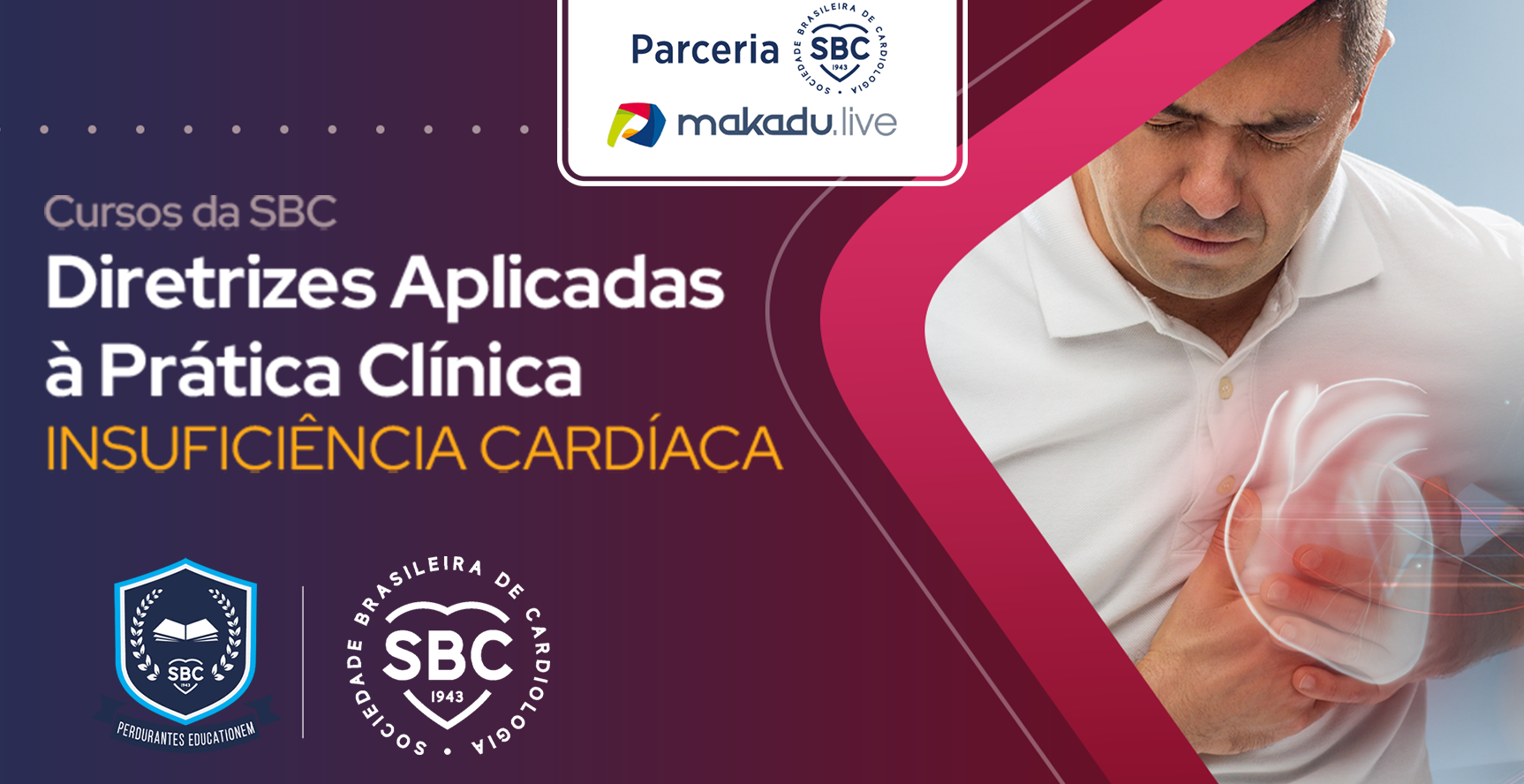
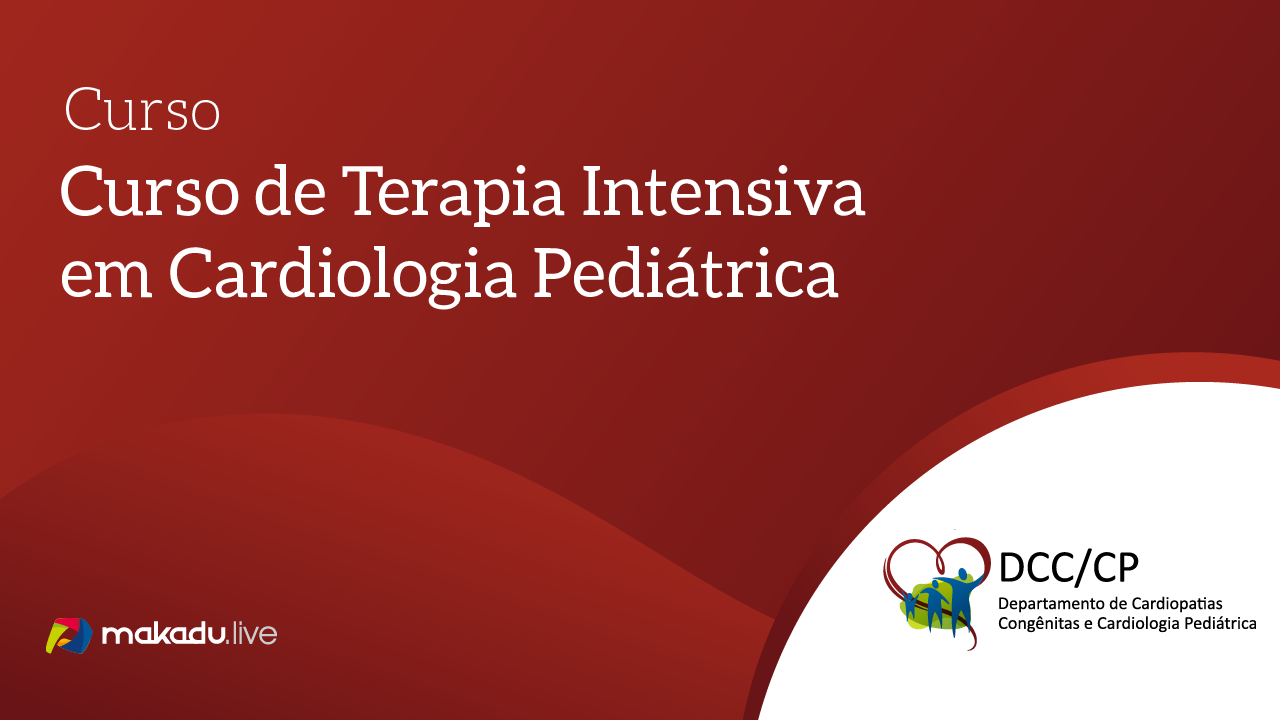
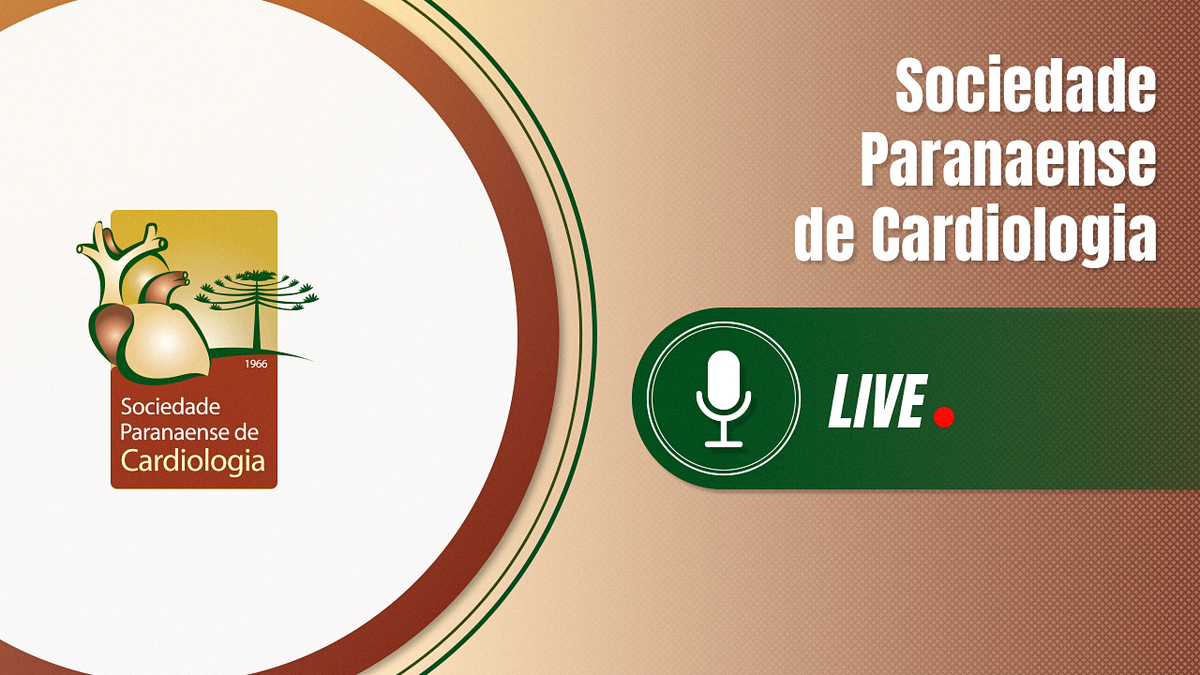
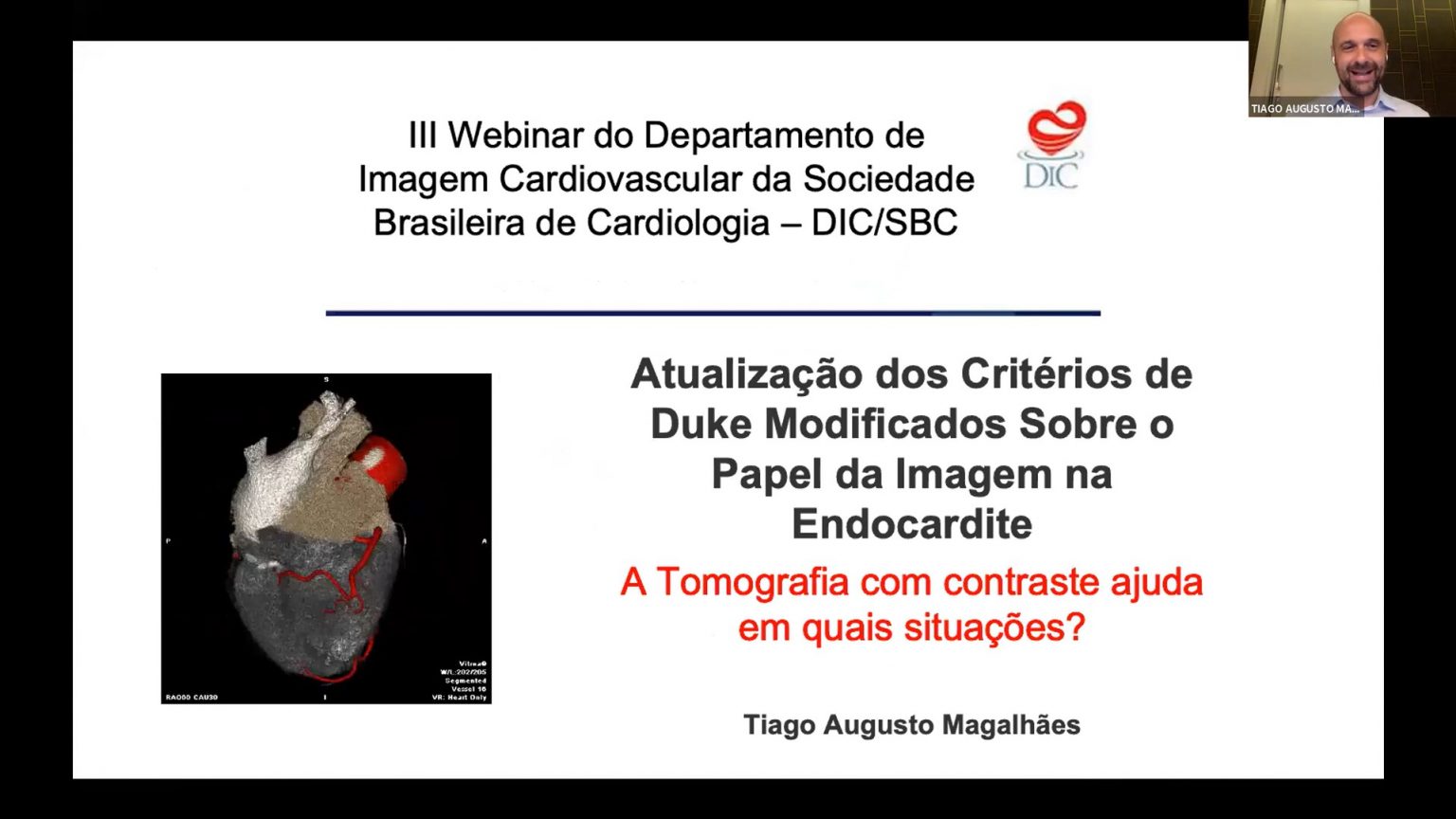

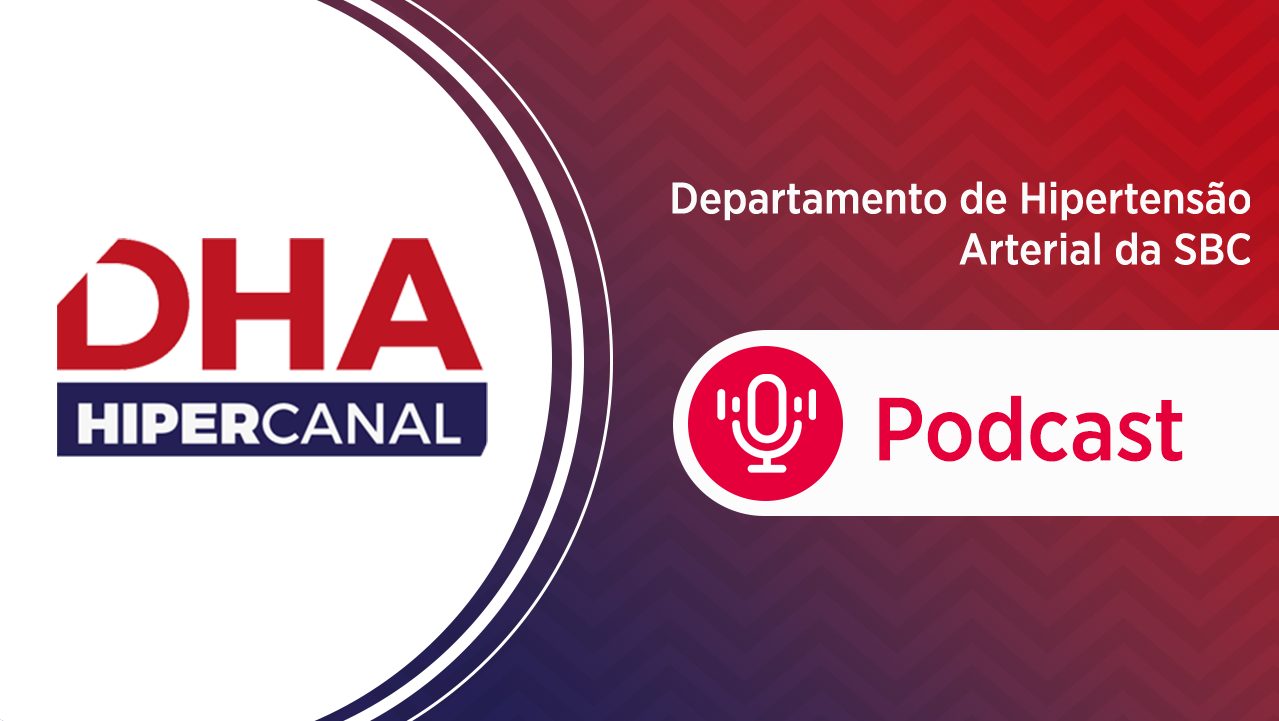
![[Sbc Pr] Inovações No Tratamento Da Valvopatia Aórtica [Sbc Pr] Inovações No Tratamento Da Valvopatia Aórtica](https://makadu.live/packages/uploads/2020/09/sbc-pr-inovacoes-no-tratamento-d.jpg)


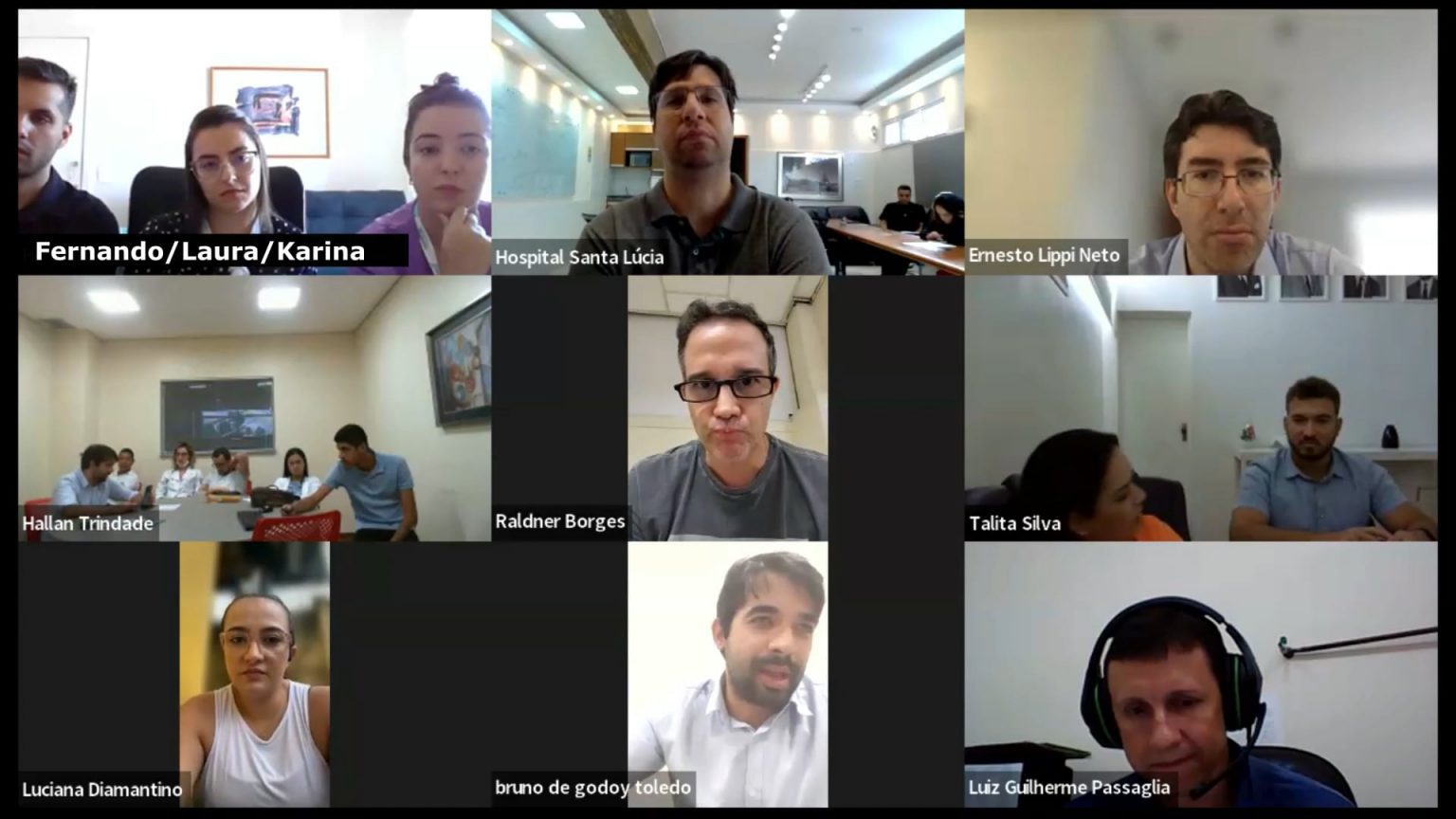
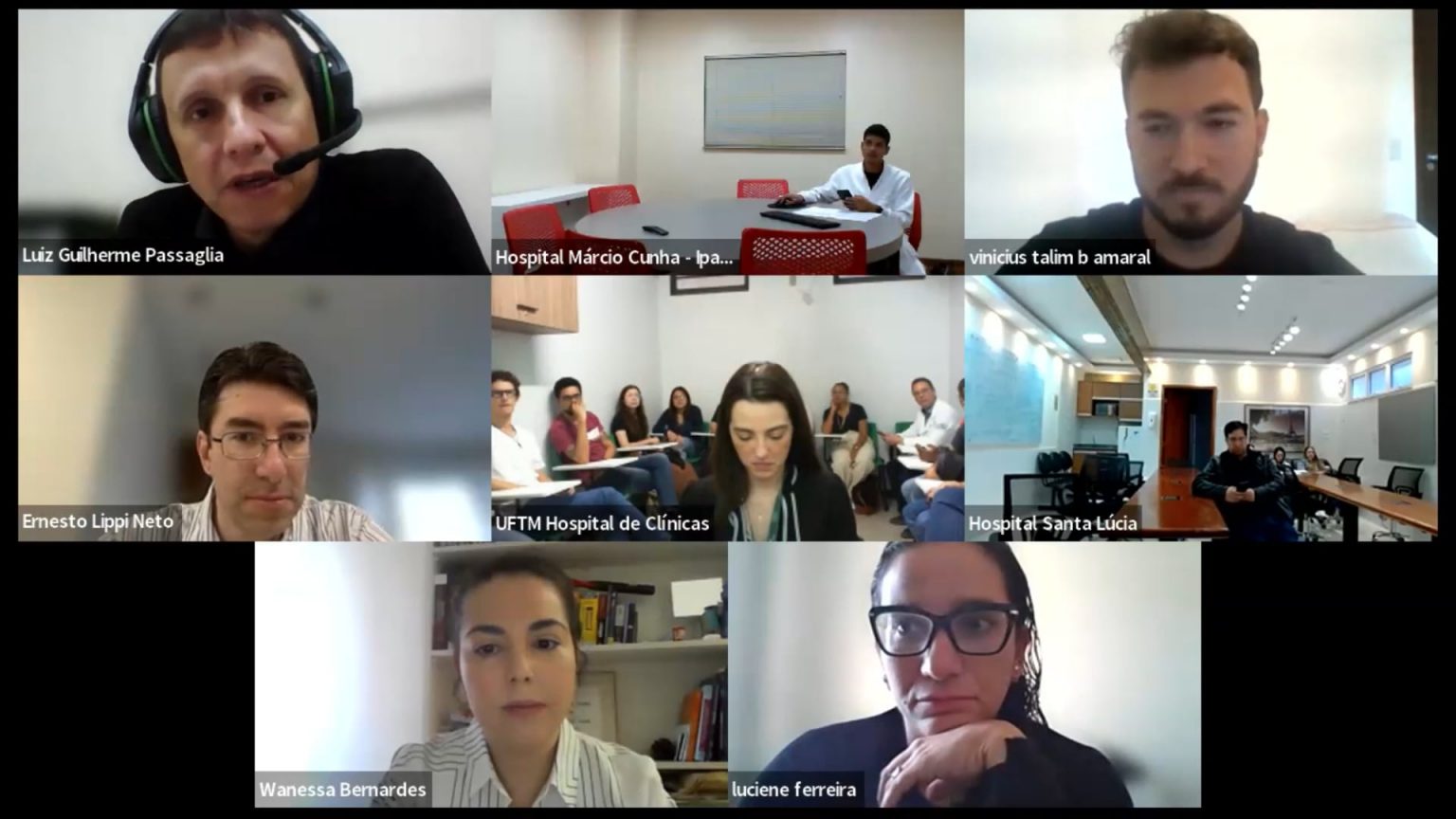


![Prevenção Da Parada Cardiorrespiratória Na Uti Cardiológica [Dcc Cp ] Corte Prevenção Da Parada Cardiorrespiratória Na Uti Cardiológica 02_03_21](https://makadu.live/packages/uploads/2022/11/Screenshot_20-1-1536x812.png)
![Tratamento Multiprofissional Da Hipertensão Arterial [Dha Tv] Tratamento Multiprofissional Da Hipertensão Arterial](https://makadu.live/packages/uploads/2020/07/dha-tv-tratamento-multiprofissio.jpg)
![Eco De Excelência - Ep. 26 - Fac [Escola De Eco] Eco De Excelência – Ep. 26 – Fac](https://makadu.live/packages/uploads/2020/07/escola-de-eco-eco-de-excelencia-25.jpg)
